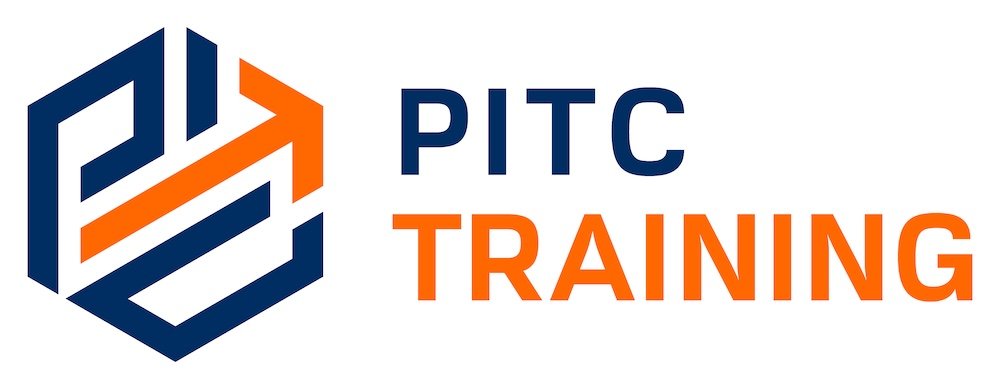Introduction
ISO 22000 provides a framework for organizations to identify, control, and eliminate food safety hazards, ensuring that food is safe for consumption and meets regulatory requirements. By adopting ISO 22000, organizations can enhance consumer trust, comply with legal and regulatory requirements, and mitigate risks associated with food safety incidents. This course aims to equip participants with the knowledge and skills necessary to understand, implement, audit, and continually improve ISO 22000. Participants will explore the principles and requirements of ISO 22000, learning how to implement robust food safety management systems that ensure safe food production, handling, and distribution.
Course Outline
- Module 1
- Module 2
- Module 3
- Module 4
- Module 5
- Course Objectives
- Target Audience
ISO 22000
- Safety management principles and the role of ISO 22000.
- Structure and key requirements of ISO 22000.
- Food safety management system.
- The scope of FSMS and conducting gap analysis.
Hazard Analysis and Critical Control Points (HACCP)
- Principles of hazard analysis and critical control points (HACCP).
- Conducting hazard analysis and identifying food safety hazards.
- Determining critical control points and establishing critical limits.
Implementing & Operating FSMS
- Operational prerequisite programs (PRPs).
- Operational control measures.
- Maintaining traceability and recall procedures.
- Communication and emergency preparedness.
Monitoring, Measurement, & Improvement of FSMS
- Measuring FSMS performance.
- Audit principles and practices for FSMS.
- Management review of FSMS.
- Corrective action and preventive action.
Implementing & Maintaining an Effective FSMS
- Integrating food safety management.
- Communication and training on food safety.
- The role of management in ensuring food safety.
By the end of this course, participants will be able to:
- Explore the key concepts, principles, and requirements of ISO 22000:2018.
- Learn how to implement and maintain an effective FSMS in your organization.
- Assess food safety hazards, identify critical control points, and preventive measures.
- Discover food safety management practices, including HACCP principles.
- Ensure food safety initiatives are effective and prevent foodborne illnesses.
This course is ideal for:
- Food safety managers.
- Quality assurance managers.
- Production & operations personnel.
- Regulatory compliance officers and auditors.
Course Schedule & Fees
- Kuala Lumpur
- Singapore
- Amsterdam
- Online
- Course Fees
This course will take place in Kuala Lumpur on the following dates:
| 12/05/2025 | 26/05/2025 | 09/06/2025 | 23/06/2025 |
| 07/07/2025 | 21/07/2025 | 04/08/2025 | 18/08/2025 |
| 01/09/2025 | 22/09/2025 | 06/10/2025 | 20/10/2025 |
| 10/11/2025 | 24/11/2025 | 15/12/2025 | 05/01/2026 |
| 26/01/2026 | 16/02/2026 |
This course will take place in Singapore on the following dates:
| 05/05/2025 | 26/05/2025 | 16/06/2025 | 30/06/2025 |
| 21/07/2025 | 11/08/2025 | 01/09/2025 | 22/09/2025 |
| 13/10/2025 | 03/11/2025 | 24/11/2025 | 15/12/2025 |
| 05/01/2026 | 26/01/2026 |
This course will take place in Amsterdam on the following dates:
| 19/05/2025 | 09/06/2025 | 30/06/2025 | 21/07/2025 |
| 11/08/2025 | 01/09/2025 | 22/09/2025 | 13/10/2025 |
| 03/11/2025 | 24/11/2025 | 15/12/2025 | 05/01/2026 |
| 26/01/2026 | 16/02/2026 |
This course will take place Online the following dates:
| 06/05/2025 | 03/06/2025 | 01/07/2025 | 29/07/2025 |
| 26/08/2025 | 23/09/2025 | 21/10/2025 | 18/11/2025 |
| 16/12/2025 | 13/01/2026 | 10/02/2026 |
| Kuala Lumpur | Singapore | Amsterdam | Online |
| USD$ 3,580 | USD$ 5,600 | USD$ 5,600 | USD$ 1,920 |


